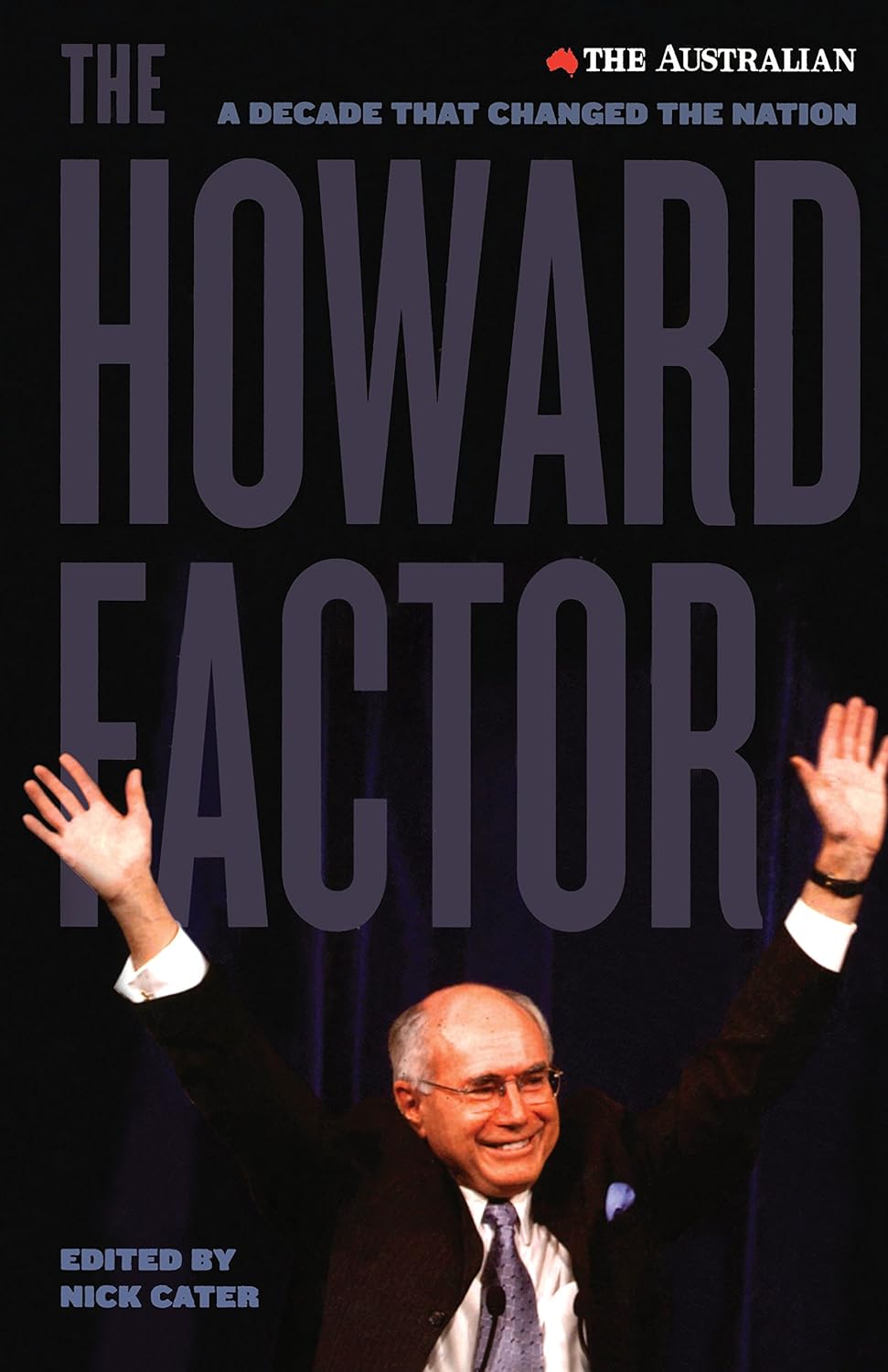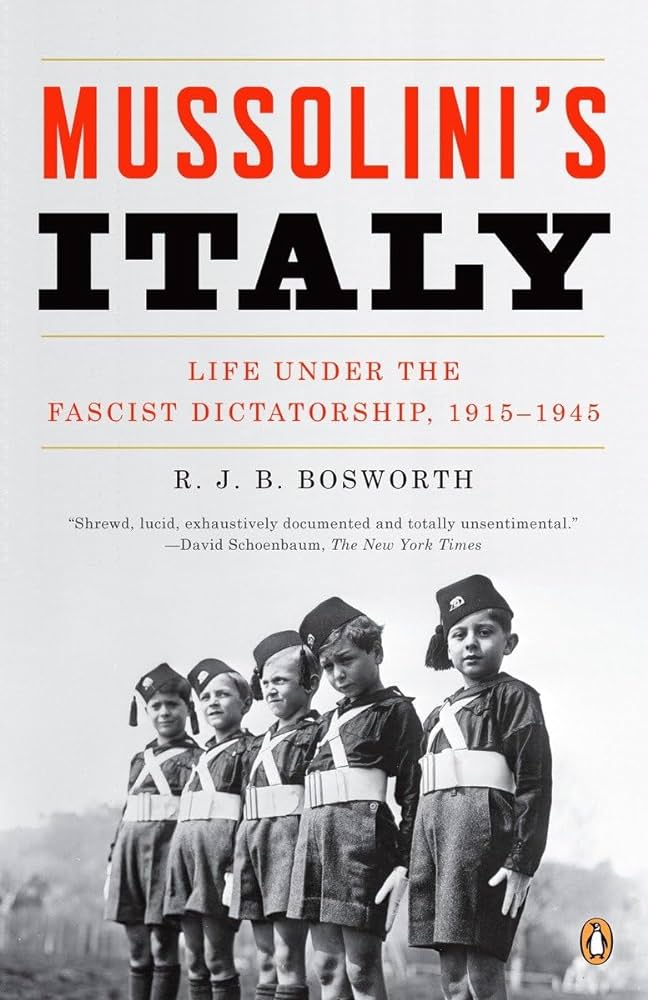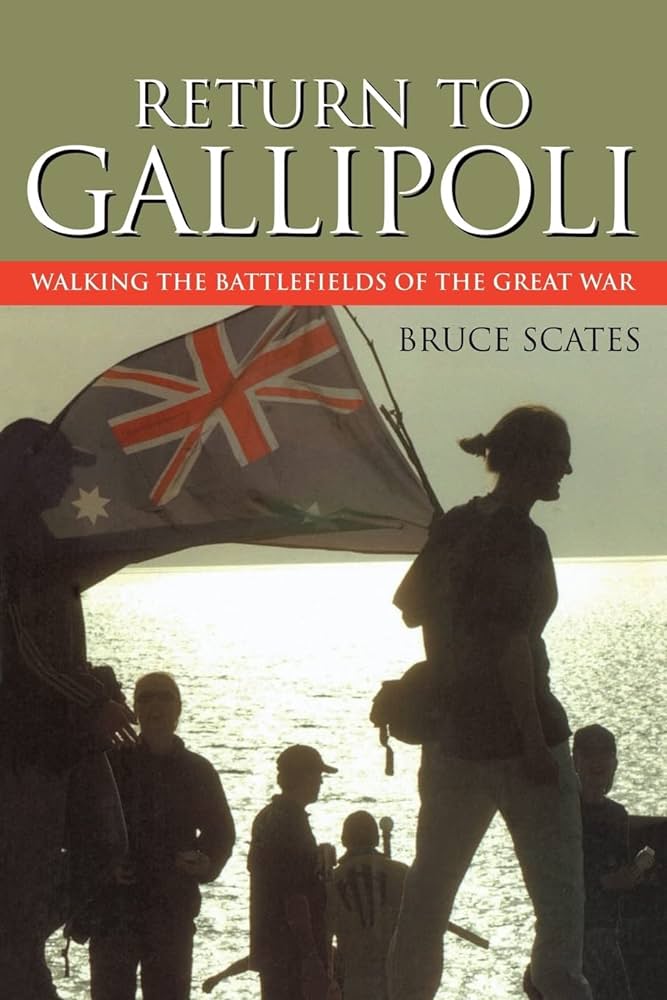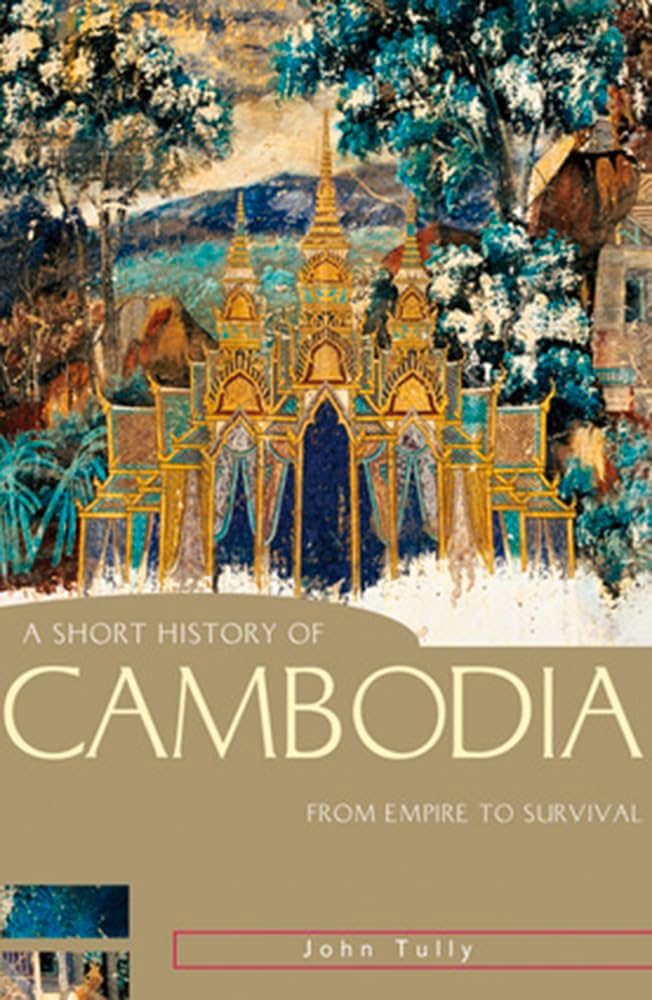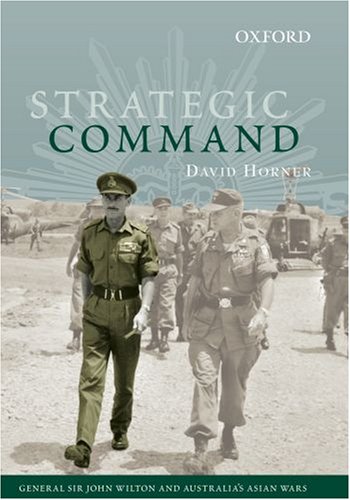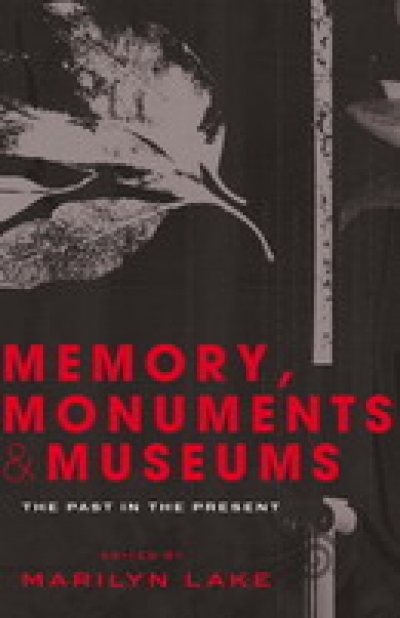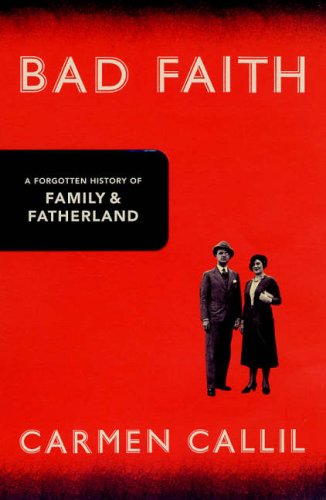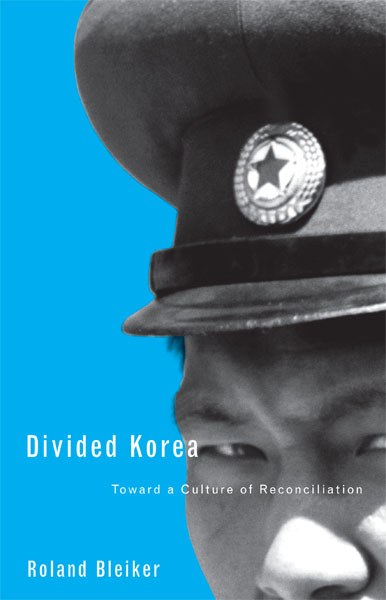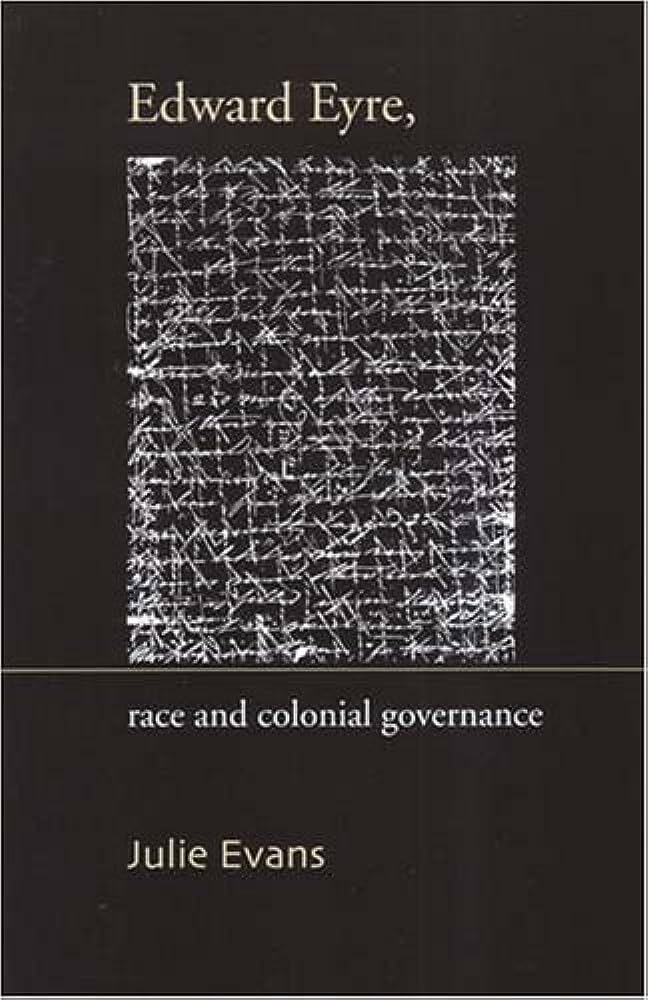History
The Howard Factor edited by Nick Carter & The Longest Decade by George Megalogenis
The provenance of The Howard Factor – a collection of essays by senior writers from The Australian newspaper – is not promising. The Australian is after all part of Mark Latham’s ‘Evil Empire’, cheerleader rather than critic of the Howard government. Yet its sympathy for the régime stems not from partisanship but from the newspaper’s philosophy: neo-liberal in domestic matters, neo-conservative in foreign policy. Populist desertion of elements of the neo-liberal agenda has aroused the wrath of the newspaper: witness its condemnation of the government’s policy funk in early 2001, and of its recent surrender to Snowy River romanticism. Discord has been less in foreign policy, where both government and newspaper have been willing recruits to the ‘war on terror’. So slavish has become the newspaper’s adherence to America’s contemporary wars that it has even repudiated its quite heroic stance on the Vietnam War a generation ago.
... (read more)Mussolini’s Italy: Life under the dictatorship 1915–1945 by Richard Bosworth
One thing is certain: Mussolini would not like this book. Indeed, it is exactly the sort of writing that would rouse Il Duce’s ire. In the last disintegrating days before his ignominious end, when Mussolini realised that his erstwhile allies, the Germans, had outmanoeuvred him, that members of his inner circle were frantically making arrangements to flee Italy, and that partisan uprisings had set Lombardy and the Po Valley alight, the archbishop of Milan offered what was supposed to be a soothing observation: that Il Duce should take heart that he would be remembered by history. Enraged by this assurance, Mussolini declared: ‘History, don’t talk to me of history. I only believe in ancient history, in that which is written without passion and long afterwards.’
... (read more)Return to Gallipoli: Walking the battlefields of the great war by Bruce Scates
Why does ANZAC day seem more popular now than forty years ago? Despite the thinning ranks of veterans, attendances at dawn services in most capital cities are up, crowds at the marches are large and enthusiastic, numerous historians and former members of the armed services seem to be running profitable battle-field tour businesses, and the desire of young Australian backpackers to include Gallipoli (particularly on Anzac Day) in their itineraries increases every year. This popularity is even more remarkable given that in the 1970s and early 1980s Anzac Day was a source of controversy and dissent: anti-war protestors, Vietnam veterans who felt excluded from the national ethos, indigenous Australians who felt their wars were overlooked and feminists determined to highlight the problem of women raped in war, all saw this national day of commemoration as an occasion to press their cause. The RSL did not respond well to these attempts to undermine the sanctity of the day. The re-emergence of Anzac Day as a site for unity and cohesion, particularly amongst younger Australians, is intriguing.
... (read more)A Short History of Cambodia: From empire to survival by John Tully
Cambodia is best known for the Angkor temple complex, and for Pol Pot. This primer incorporates the famous monuments and the Killing Fields into 2000 years of history, from pre-Angkorean Funan to the present. As John Tully suggests, it suits ‘tourists, students and general readers’. Writing a ‘short history’ presents specific challenges: the author must balance a narrative that tells a comprehensible story with the reality that history is messy and contested. While Tully cannot avoid discussing eras, issues and personalities with haste, the chapter on the Angkorean civilisation is especially crammed. In part, this reflects his obligation to acknowledge scholarly disagreement, but a more detailed and leisurely account of the Angkor era would have been welcome. In contrast, the chapter on the French protectorate (1863–1953) is assured and authoritative, which is unsurprising since Tully previously wrote the majestic France on the Mekong: A History of the Protectorate in Cambodia, 1863–1953 (2002).
... (read more)Strategic Command: General Sir John Wilton and Australia's Asian Wars by David Horner
The name of Sir John Wilton would be unknown to the vast majority of the Australian public, to the defence community as a whole, and even, I suspect, to many of those now in the army. Such is the transitory nature of military prestige. David Horner’s biographical study seeks to correct this, and to explain the centrality of Wilton’s career to the development of Australian defence policy and operational deployment in the postwar period. This is more than a biography: while Wilton the man is not neglected, the emphasis is rather more on Wilton the professional, steadily climbing through the officer ranks in a series of appointments that culminated in his tenure as Chairman of the Chiefs of Staff Committee from 1966 to 1970.
... (read more)Memory, Monuments And Museums: The past in the present edited by Marilyn Lake
This book consists of sixteen essays based on papers delivered at the symposium of the Australian Academy of the Humanities held in Hobart in 2004. The title of the book was the theme of the symposium. A conference must have a theme, of course, or no one would ever fund the participants, but individual speakers do not always address it, or they do so tangentially. We have all been at conferences where the relationship of the speaker’s paper to the theme is the same as that between the ugly sisters’ feet and Cinderella’s dancing slipper – a great deal of stretching and contorting to make the text fit the theme, and vice versa. This is why conference proceedings rarely make good books.
... (read more)Bad Faith: A Forgotten History of Family and Fatherland by Carmen Callil
In 1978 the French weekly L’Express published an interview that sent a shockwave through the French collective conscience. The subject was Louis Darquier de Pellepoix, the wartime Vichy government’s Commissioner for Jewish Affairs. Having escaped at the end of the war to the safe haven of Franco’s Spain, he was now an octogenarian, enjoying some prestige as the official translator of the Caudillo’s speeches. Darquier had been condemned to death in absentia by the Liberation courts, but never extradited. He was not the only Nazi collaborator to have escaped punishment, but what most profoundly perturbed the readers of L’Express was that his virulent anti-Semitism was still completely intact, as was his refusal to believe that the Shoah was anything other than a Jewish fabrication. In the late 1970s France was at the beginning of the long process of self-examination and self-remembering whereby it would seek to come to terms with one of its history’s darkest periods. For Charles de Gaulle, whose presence had dominated so much of the two decades after World War II, the Vichy government was an illegality, and its leaders traitors. After de Gaulle’s death in 1970 began the slow and painful process of acknowledgment that the experience and behaviour of the French during the Occupation was more complex than the Gaullian vision, and much more shameful.
... (read more)Tucker Track: The Curious History of Food in Australia by Warren Fahey
When my Scottish in-laws asked about traditional Australian Christmas fare, I barely felt confident to answer for my own family, let alone for the nation. I started putting the question to friends here: what, traditionally, is eaten on Christmas day at your place? The regular response was a look of perplexity. This was invariably followed by a story of change: we used to have turkey, but in recent years it’s been salmon in the Weber; when I was a child we had a roast, a pudding, all the works, but now we have chicken salad; my partner is Lebanese/Vietnamese/Polish, and I’ve adopted his family’s traditions. The one constant seems to be change, and no doubt this is a – possibly the – defining feature of ‘Australian cuisine’. In other countries, the word ‘traditionally’ does not induce such uncertainty.
... (read more)Divided Korea: Toward a culture of reconciliation by Roland Bleiker
‘The US scares North Korea.’ If you are George W. Bush or Dick Cheney, you may be satisfied with this statement by former US diplomat Donald Gregg. It might signify the success of American policy towards North Korea, a country you consider to be a dangerous ‘rogue state’ that is developing nuclear weapons and exporting missile technology, and that is led by a repressive totalitarian régime. The only way to deal with such governments, you believe, is through threats, deterrence and, if necessary, military action to degrade offensive military capabilities or even to remove them from power. But what if this brings us to the brink of disaster? In this timely and important book, Roland Bleiker exposes this schoolyard philosophy for what it is: a dangerous and simplistic recipe that has brought North-East Asia to the brink of war too many times in recent years. Ever since the North Koreans announced in 2002 that they were withdrawing from the Treaty on the Non-Proliferation of Nuclear Weapons (NPT) and were on the brink of developing a working nuclear capability other countries in the region have been justifiably alarmed.
... (read more)Much critical historical interest in Edward John Eyre has centred on the apparently radical contradictions in his life. Known variously as ‘the enlightened defender of Aboriginal rights in Australia, but also as the reviled “butcher of Jamaica” in England and the Caribbean’, Eyre’s notorious career began in the late 1830s and included exploration and colonial administration in Australia, New Zealand and the West Indies, reaching both its apex and nadir while he was governor of Jamaica during 1864–65. Historians have puzzled over how a man who displayed a marked respect for indigenous people during the period from 1839 to 1845, as an Australian explorer, Resident Magistrate and later Protector of Aborigines at Moorunde, could have acted in such a barbarous way as governor of Jamaica after riots broke out in 1865. There have been several biographies and numerous piecemeal studies of Eyre’s colonial career. In Edward Eyre: Race and colonial governance, Julie Evans expands past approaches, attending to the play of power between London and the colonies (amply canvassed earlier in relation to the Morant Bay Jamaica rebellion by Catherine Hall, and extended here), the contradictory constructions of ‘race’ in colonial contexts (derived in part from the postcolonial critiques of Patrick Wolfe) and the distinctly different colonial cultures in which Eyre worked. She aims to confound and refigure the ‘common correlations between race, resistance and repression in the colonies’.
... (read more)

